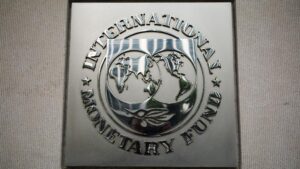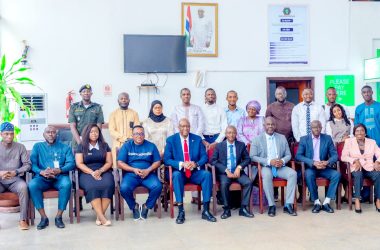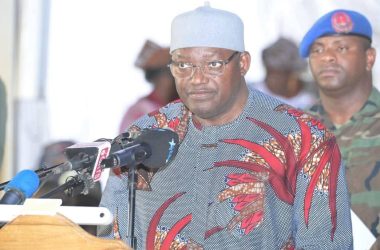The International Monetary Fund (IMF) has approved two new financial packages for The Gambia, signaling continued support for the country’s economic reforms and its push to confront the growing impacts of climate change.
On Wednesday, the IMF’s Executive Board signed off on a climate-focused facility worth about $63.5 million under its Resilience and Sustainability Facility (RSF). The 18-month arrangement is designed to help The Gambia strengthen its defenses against climate risks by improving public finance management, climate data systems, adaptation planning, and the country’s ongoing energy transition. Disbursement will begin once the IMF completes its first review of the program.
In a separate decision, the IMF also approved the third review of The Gambia’s Extended Credit Facility (ECF), which immediately unlocks about $17 million. That brings total disbursements under the ECF to roughly $50.8 million. The ECF was originally approved in January and is aimed at supporting reforms to boost inclusive growth and tackle structural weaknesses in the economy.
Despite global uncertainty, the IMF says The Gambia’s economic outlook is improving. Real GDP is projected to grow by 5.7 percent in 2025, driven by steady recovery in tourism and strong performance in agriculture and construction. Inflation, which has weighed heavily on households in recent years, fell to 8.1 percent in April.
Still, the Fund warned of ongoing challenges. Fiscal pressures persist, particularly from unexpected spending linked to the state-run National Water and Electricity Company (NAWEC). While tax revenue collection has improved, the IMF is urging tighter control over non-essential expenditures to keep the 2025 budget on track.
The IMF approved waivers for missed targets related to domestic borrowing and the primary balance, acknowledging corrective steps taken by the government.
“Program implementation has been mixed,” said Bo Li, IMF Deputy Managing Director, noting that while quantitative goals have generally been met, progress on structural reforms has lagged. He emphasised the need to improve public financial management, manage risks from state-owned enterprises, and push ahead with governance reforms.
Bo Li also praised the Central Bank of The Gambia for adopting a more data-driven approach to monetary policy, phasing out direct public sector financing, and improving the foreign exchange market.

The newly approved RSF is expected to complement the ECF by addressing long-term climate challenges while helping stabilise the broader economy. Bo Li said the two programs together can help The Gambia reduce its vulnerability to external shocks and support reforms aimed at sustainable growth.
He encouraged authorities to keep up momentum, especially on structural reforms and creating a better climate for private investment.





